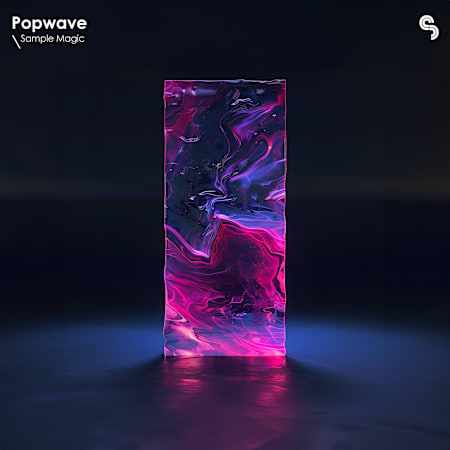Michael Oakley is a Scottish music producer/singer-songwriter known for his blend of retro 1980s and early 1990s influences in modern Synthwave. He has worked for companies such as Splice, Roland, Reason Studios, Baby Audio doing presets, sample packs and sound design. Splice sat down with him for an in depth interview around the secrets of how he achieves his signature retro synthwave sound.
%20%E2%80%94%20Sample%20Magic/gh5rvu4lrpknosubjjtu)
How would you describe your sound?
Michael Oakley: A mixture of Synthwave and Pop with lush synth melodies and retro nostalgic vibes. I usually gravitate to a lot of 1980s sounds with modern production but lately I’ve been using more 90s rompler Dance sounds.
Can you give a brief look into how you create your sounds?
Michael Oakley: For me the key is creating sounds that make me feel inspired musically. By that I mean something that instantly evokes melodic ideas and gets me closer to a solid idea for a song. Warm 80s analog and digital sounds are usually my starting point and I then run those sounds through various plugins (EQ, reverb, delay, chorus, tape emulation, compression etc) to try to make those old sounds feel fresh and modern so they aren’t trapped in being old and retro.
%20%E2%80%94%20Sample%20Magic/ocoydfssjdvfiih9sjup)
How do you hope producers use the sounds in your pack?
Michael Oakley: My hope with Popwave is that producers find something special in this pack that becomes a solid starting point for a new idea. Whether it’s a synth melodic loop, a vocal loop, a Serum preset or even a drum loop. I spent a year and a half working on this pack to make sure there was a broad, diverse range of sounds and melodic ideas to inspire something unique in your next Pop production.
What are some of your favorite plug-ins and soft-synths?
I have way too many plugins! But, if I were to pick my most used soft-synths I’d say Omnisphere, TAL-UNO-LX, Spire, Nexus, VPS Avenger & Serum. Other favorite plugins are Fabfilter Pro-Q 3, Tal Chorus, Sketch Cassette II, Soundtoys, Native Instruments Raum, Wave Alchemy Glow, Vertigo VSM3.
%20%E2%80%94%20Sample%20Magic/igslayhyblrkzmo3ntya)
What piece of advice would you give to your younger self starting in music?
Michael Oakley: There’s no such thing as a bad idea. Even if you end up starting something and not using it, you’re still moving forward and reaching towards something. The hardest part sometimes can be sitting there not getting any ideas so just start something and start moving in any direction. Trust your intuition to get you to where you’re trying to get to. Sometimes I’ve gone through 4 or 5 different drafts of an idea before it feels right and develops into a song. You’ll know when it feels right, so be patient and remember that no one knows your music better than you.


